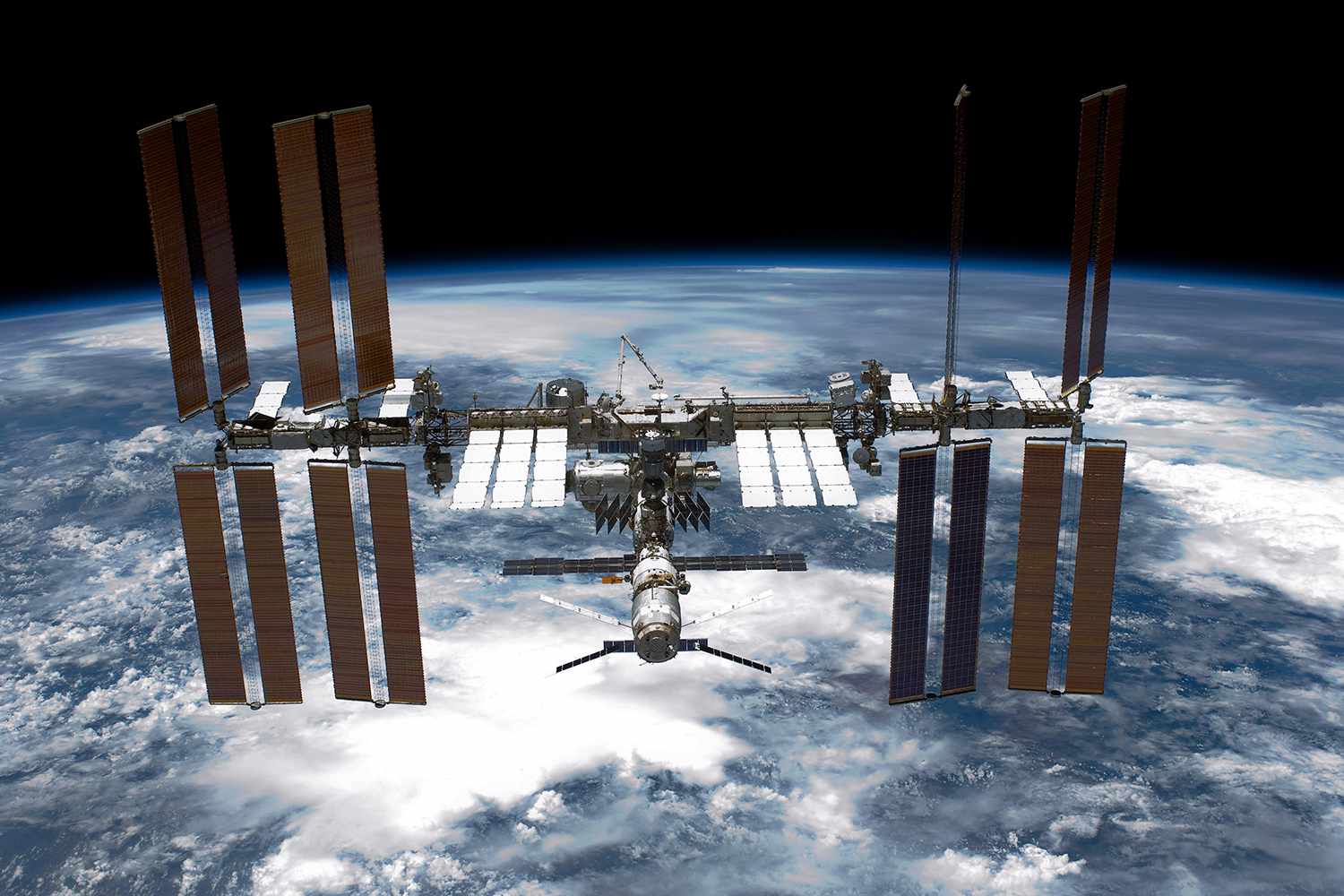The International Space Station may be making astronauts sick, according to a new study.
Astronauts inside the ISS are known for developing rashes, unusual allergies and fungal or bacterial infections. But why is that? A February study published in the journal Cell suggests it is because the station is too clean.
Life on Earth is obviously very different than in space. The space station cultivates an environment that is devoid of the beneficial microbes found on Earth, according to the study. The lack of microbial exposure has been linked to chronic inflammatory diseases and can “exacerbate inflammatory responses to otherwise innocuous agents.”
The research involved collecting 803 samples from various surfaces of the orbiter, including “lockers, drawers, and structures.”
“By placing the ISS in the context of thousands of samples from various built and natural environments, we revealed a striking loss of microbial diversity, positioning the ISS at the extreme end of a gradient from open-air habitats like rainforests to controlled, enclosed environments dominated by human inputs,” the study found.
Ultimately, the study argued that space stations, and other built environments, could benefit from “intentionally fostering diverse microbial communities resembling Earth’s natural exposures instead of relying on highly sanitized spaces.”
Rob Knight, co-author of the study and director of the Center for Microbiome Innovation at the University of California, San Diego, emphasized the importance of microbial diversity while speaking to The Wall Street Journal. “Your immune system needs exposure to a wide range of beneficial microbes from places like soil, healthy animals and healthy plants,” he said.
However, astronaut and microbiologist Kathleen Rubins, another co-author of the study, told the outlet that “we probably need to bring a little more of the outdoors inside,” but it would have to be done “safely so we don’t have fungal overgrowth or anything pathogenic.”
Speaking to Australia’s ABC News, Knight said the study noted that the space station had an influx of specific microbes associated with poor health.
“Our data suggest that it has too few kinds of microbes overall and too many of the specific kinds that can be associated with poor health in humans,” he said.
In addition to the ailments detailed above, visitors to space are at higher risk for loss of bone density and strength in the hip and spine because of the lack of gravity, according to NASA. Astronauts can lose up to 1% to 2% of bone density every month, and they are then more at risk of bone fracture and risk of early-onset osteoporosis because of spaceflight.
Never miss a story — sign up for PEOPLE’s free daily newsletter to stay up-to-date on the best of what PEOPLE has to offer, from celebrity news to compelling human interest stories.
The lack of gravity in space can also cause muscle waste, in areas like the arms, legs and even the heart because it doesn’t have to pump blood against gravity, The Guardian reported.
Read the full article here










































